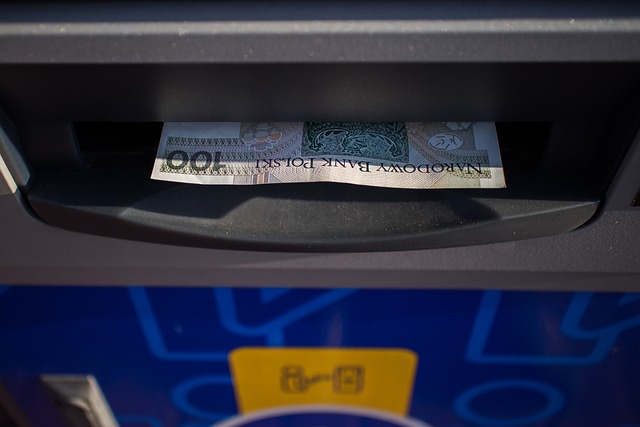Understanding title loan default consequences varies by state, with unique regulations on interest rates, repossession, and repayment. Borrowers face potential asset repossession, legal actions, and financial burdens. State laws offer rights like loan modification, grace periods, and negotiation to avoid severe repercussions.
Title loan defaults carry significant consequences that vary widely across state laws. Understanding these variations is crucial for both lenders and borrowers. This article delves into the complexities of state regulations governing title loan defaults, exploring potential repercussions like repossession and legal actions. Additionally, it highlights consumer protections, providing recourse and rights for borrowers facing default situations. By understanding these dynamics, you can navigate title loan obligations more effectively.
- Understanding State Laws Governing Title Loan Defaults
- Potential Consequences: Repossession and Legal Actions
- Consumer Protections: Rights and Recourse in Default Situations
Understanding State Laws Governing Title Loan Defaults

When it comes to understanding the consequences of defaulting on a title loan, it’s crucial to know that these vary significantly from state to state. Each jurisdiction has its own set of regulations governing these loans, which can affect how and when lenders can take action against borrowers who fail to repay. This means what happens in one state upon a title loan default might differ drastically from another.
State laws dictate key aspects such as the permissible interest rates, the process for repossessing collateral, and the methods of demand for repayment. For instance, some states may require lenders to provide borrowers with a cooling-off period after signing the loan agreement, while others have specific rules about how often and when direct deposit can be initiated. Familiarizing yourself with these local regulations is essential to avoid unforeseen penalties or legal complications, especially considering that many title loan companies operate across state lines, making it easy for borrowers to get caught in a web of varying legal requirements.
Potential Consequences: Repossession and Legal Actions

In the event of a title loan default, borrowers can expect several potential consequences that vary significantly across state laws. One of the immediate and severe repercussions is repossession. Lenders have the legal right to take possession of the secured asset, which often includes vehicles, such as cars or motorcycles (Motorcycle Title Loans). This process typically begins when the borrower fails to make required payments on time. Once repossessed, the vehicle can be sold to recover the outstanding loan amount.
Beyond repossession, borrowers may face legal actions from lenders. These actions can result in substantial financial burdens and negative impacts on credit scores. The specific legal ramifications depend on state regulations regarding title loans. For instance, in Dallas Title Loans areas, lenders might pursue legal remedies like lawsuit filings or wage garnishments to recover the debt. Borrowers should be aware of these potential consequences and understand their rights under state law when dealing with title loan agreements.
Consumer Protections: Rights and Recourse in Default Situations

When a borrower defaults on a title loan, it’s crucial to understand that state laws play a significant role in dictating their rights and recourse. Each state has its own set of regulations governing these types of loans, offering varying levels of consumer protection. For instance, some states have strict rules limiting interest rates and fees, ensuring borrowers aren’t burdened with excessive debt. In case of default, consumers may benefit from these laws, providing them with options such as loan modification or a grace period before repossession.
Knowing one’s rights is essential during difficult financial times. Borrowers should be aware of the potential consequences, including late fees, repossession of the secured asset (in this case, the vehicle), and negative impact on credit scores. However, many states also allow for negotiation and settlement, offering a chance to resolve the debt through payment plans or debt consolidation, similar to cash advance options, to avoid extreme measures like repossession.
Title loan default consequences vary significantly based on state laws, with repossession and legal actions being common outcomes. However, consumers have protections and recourse options available to them during default situations. Understanding these rights is crucial for borrowers seeking to navigate the complexities of title loans. By staying informed about their state’s regulations, individuals can make more informed decisions and potentially avoid severe financial repercussions.






